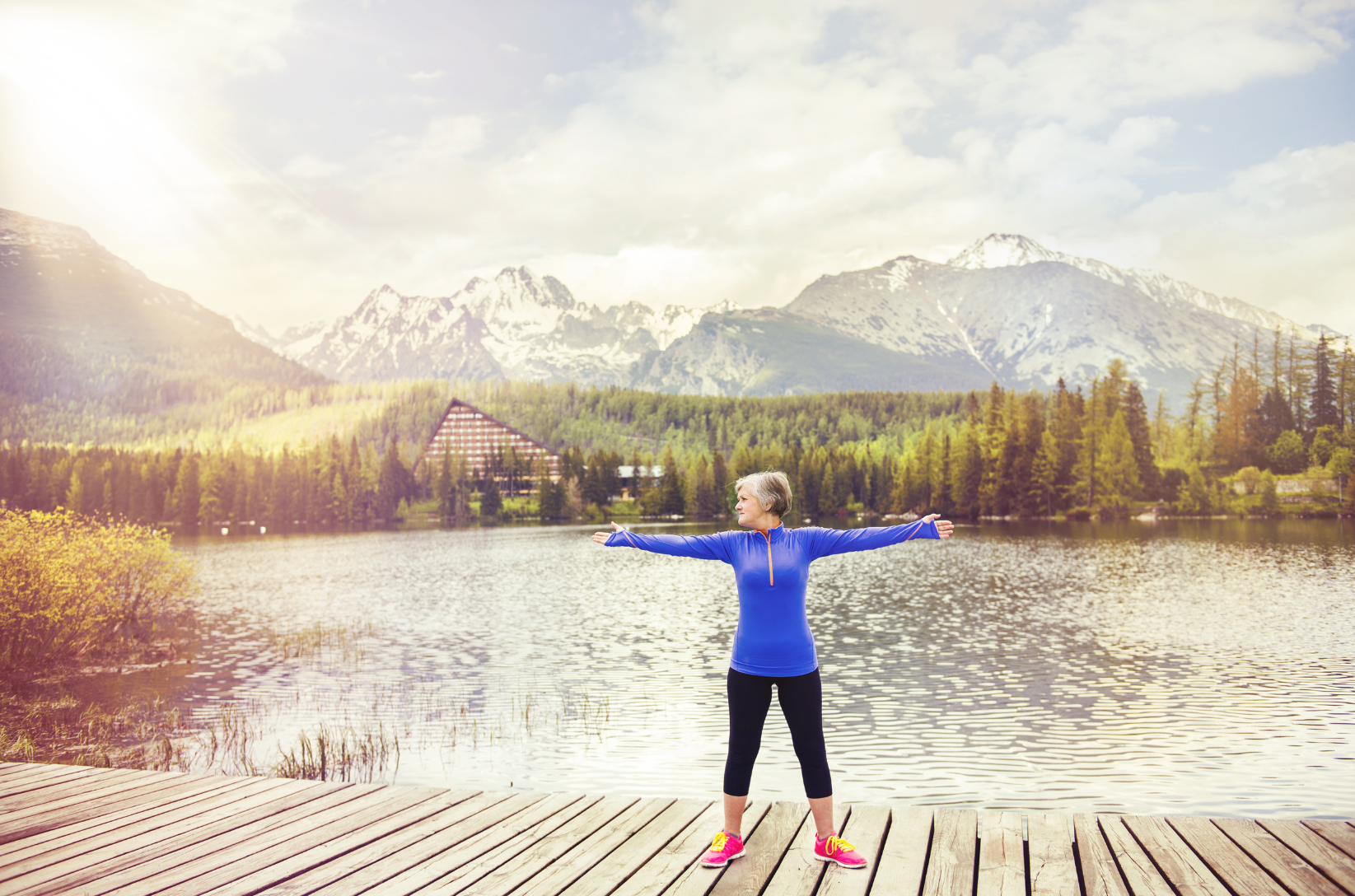As we age, we often encounter various health challenges, including conditions like piles, also known as hemorrhoids. Piles refer to swollen veins in the rectum and anus that can cause discomfort, pain, and bleeding. While this condition can be distressing, several practical strategies exist for managing and alleviating its symptoms.
Here are seven essential tips that can help manage piles in old age.
Dietary Modifications
A fiber-rich diet promotes regular bowel movements and prevents constipation, which can exacerbate piles. We should aim to consume plenty of fruits, vegetables, whole grains, and legumes. Adequate hydration is also essential to soften stools and ease bowel movements.
Hygiene Practices
Maintaining good anal hygiene is essential for managing piles. We should gently clean the anal area with moistened toilet paper or unscented wipes after bowel movements. It’s important to avoid harsh soaps or perfumed products, as these can aggravate irritation.
Regular Exercise
Engaging in regular physical activity can help improve bowel function and alleviate symptoms of piles. We should consider low-impact exercises such as walking, swimming, or yoga to promote circulation and reduce strain on the rectal veins.
Sitz Baths
Soaking in warm water baths, also known as sitz baths, can provide relief from the discomfort and swelling associated with piles. We can sit in a shallow tub of warm water for about 15-20 minutes several times a day. Adding Epsom salts or witch hazel to the water may further soothe the affected area.
Topical Treatments
Over-the-counter creams, ointments, or suppositories containing ingredients like hydrocortisone or witch hazel can help alleviate itching, pain, and inflammation associated with piles. However, it’s essential to use these products as directed and consult a healthcare professional if symptoms persist or worsen.
Avoid Straining
Straining during bowel movements can worsen existing piles or contribute to the development of new ones. We should avoid prolonged sitting on the toilet and respond promptly to the urge to have a bowel movement. Using a footstool to elevate the feet while sitting on the toilet can help achieve a more natural, relaxed position for passing stools.
Protip: If piles symptoms persist or become severe, it’s crucial to seek medical advice promptly. In severe cases, procedures such as rubber band ligation, sclerotherapy, or surgical intervention may be necessary to address severe or persistent piles.
Take Home
Managing piles in old age requires a multifaceted approach that includes dietary modifications, hygiene practices, regular exercise, and appropriate treatments. Moreover, sitz baths and over-the-counter creams can effectively alleviate symptoms, improve quality of life, and minimize the impact of piles on daily activities. However, consulting a healthcare professional for personalized guidance and treatment options tailored to individual needs and circumstances is essential. With proper care and management, we can successfully navigate the challenges posed by piles and enjoy a better quality of life in our later years.

